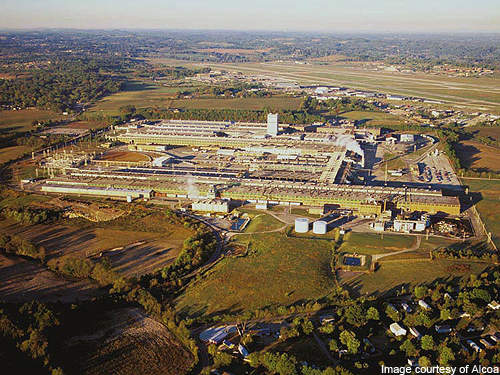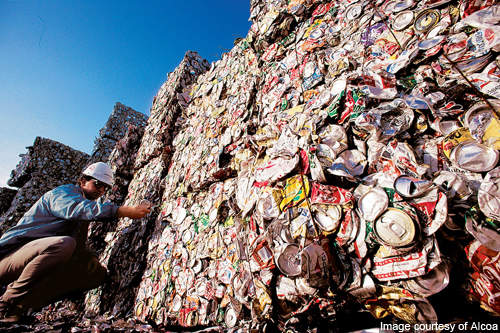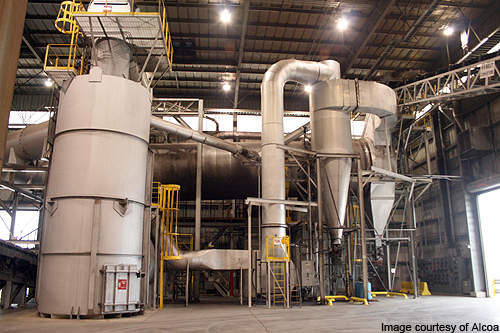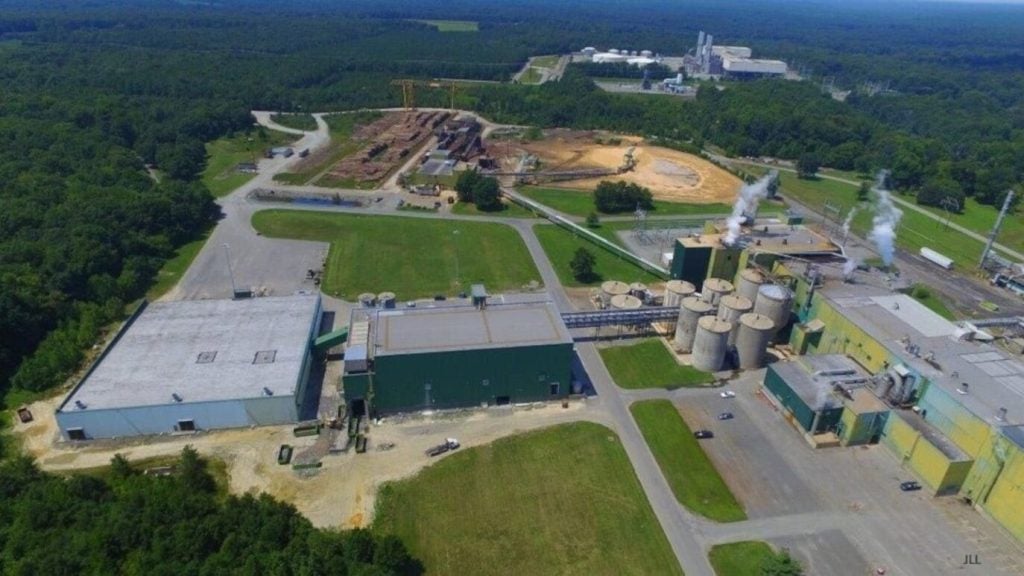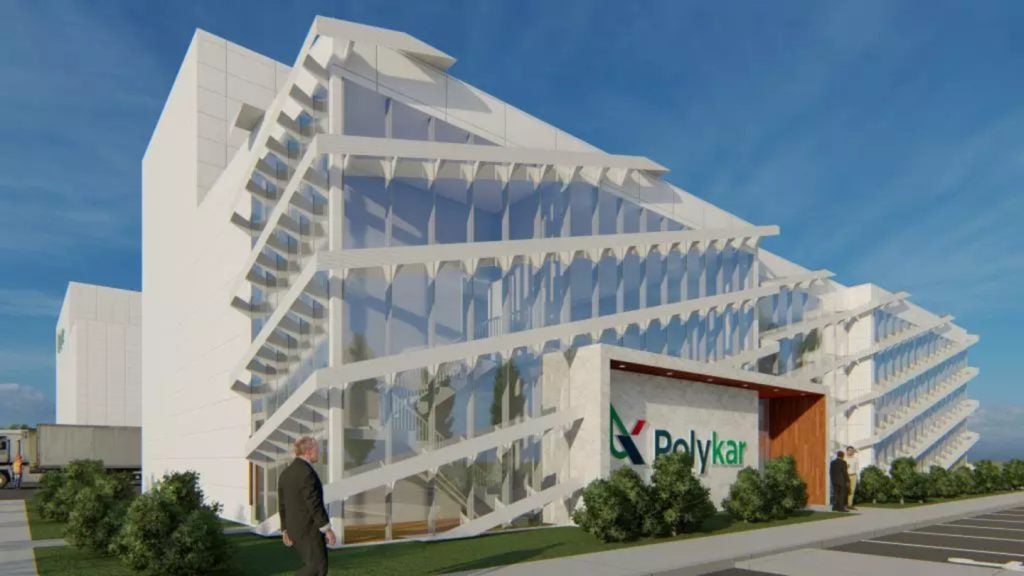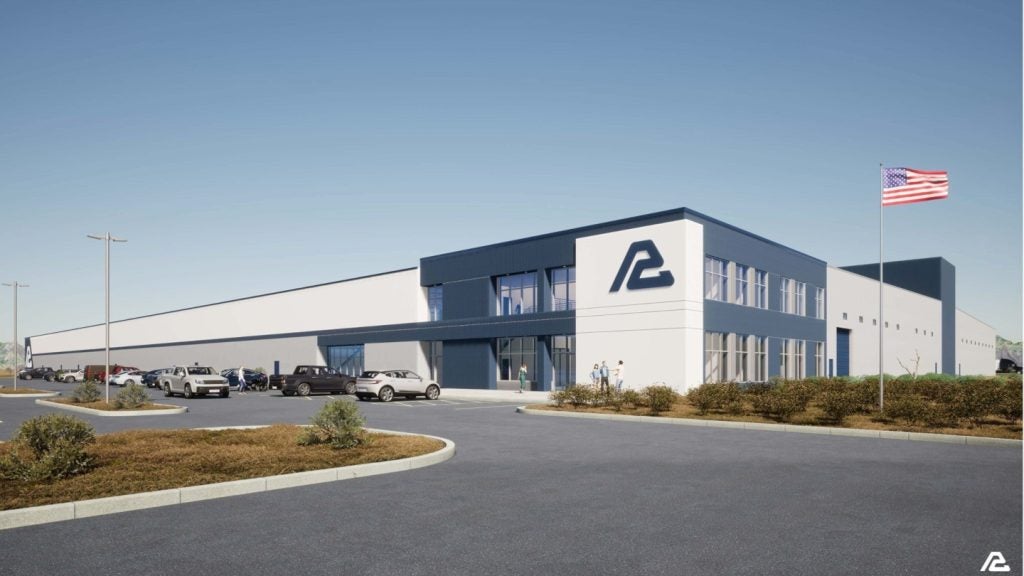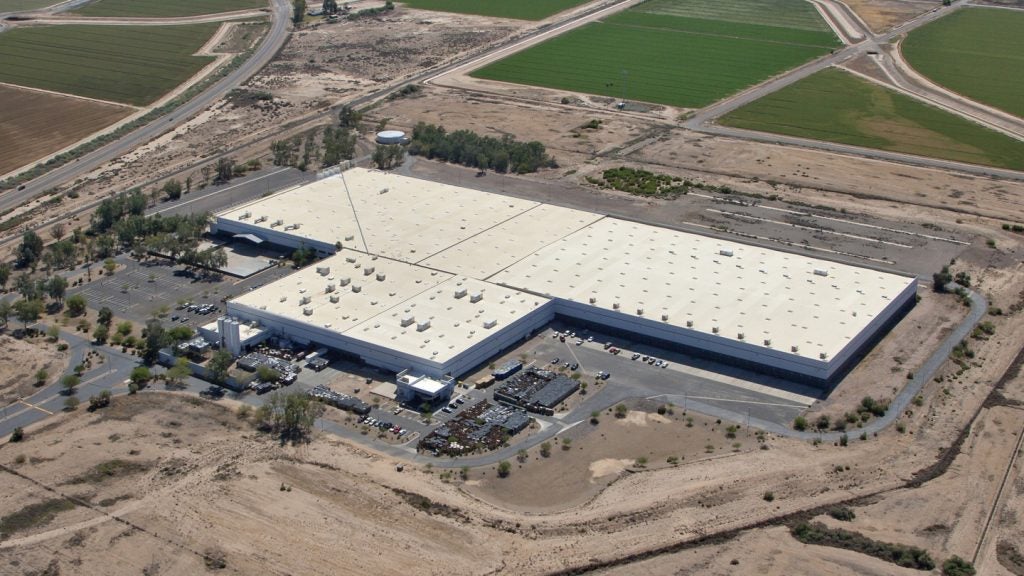Alcoa Recycling Company, a subsidiary of the US-based aluminium producer Alcoa, has aluminium manufacturing facilities including a recycling plant in Tennessee. These are part of the Tennessee Operations of the company. The facilities are located in Blount County. The can reclamation facility recycles aluminium beverage cans. In 2007, the company decided to add capacity to the can reclamation facility by means of an expansion project.
The company broke ground on the expansion project in December 2007. The project was planned to be completed in 12 to 18 months, but took almost 27 months. Alcoa announced the successful completion of the expansion on 26 March 2010.
The expansion has increased the molten output capacity of the used beverage cans by approximately 50%. The project has added about 100 new jobs at the facility.
Preliminary estimates by the company projected that the expansion would cost $22m. The project cost has, however, risen slightly to $24m. Including this expansion, the company invested a total of $80m in its Tennessee facilities from 2007 to March 2010.
Can recycling happens to be an important raw material source for Alcoa since the company’s Tenessee Operations constitute the world’s largest production of rolled sheet for beverage cans. The aluminium produced at the Tennessee facilities is sold to customers in diverse industries such as packaging, construction and many more.
Equipment installed
In Tennessee, Alcoa has a smelting and fabrication plant, and hydropower facilities to support the plants. The infrastructure available comprises a north plant and south plant.
The north plant primarily contains a fabrication unit. The can reclamation unit is part of the south plant, which also has a smelter and ingot facility. The south plant is built over 43 acres.
As part of the expansion to increase the recycling capacity at the can reclamation unit, a new crusher and delacquering furnace were added. Building enclosures, utilities and environmental systems had to be added to support the new equipment.
The new equipment added as part of the expansion can also process other types of aluminium scrap if required, thereby adding flexibility to the company’s operations.
Process
The recycling of aluminium beverage cans starts with the separation of the waste from the cans. The cans are then crushed or cut into pieces to decrease the volume. The crushed/cut pieces are then cleaned either mechanically or using a chemical process.
Blocks of the cleaned pieces are then loaded into the delacquering furnace and heated to the required temperature (usually about 750°C to 850°C).
The molten aluminium in the furnace contains dross which is removed before pouring out the metal. The molten metal is then cast as required, for example as ingots or rolled sheet.
Technology
The plant upgrade involved use of state-of-the-art technologies that contribute to environmental conservation and fuel efficiency. Approximately half of the power consumed by the reclamation unit is sourced from the hydropower facilities that Alcoa owns in the region.
Benefits
Aluminium is considered more efficient than any other packaging material because the metal can be recycled infinitely. Since recycled aluminium saves 95% of the energy typically required to produce new cans, the expansion will help in saving energy and reducing emissions significantly.
Starting in 2009, Alcoa has set a goal to achieve an aluminium can recycling rate of 75% by 2015. As of 2010, as estimated by the company, about 54% of the beverage cans produced in North America are recycled. The company’s aims to increase this figure by 21%. Increasing the recycling capacity at Tennessee is believed to help as a strategy to achieve this goal.
If Alcoa achieves its goal of recycling 75% of the beverage cans, the emissions reduced will be equivalent to that of two coal-fired power plants.

